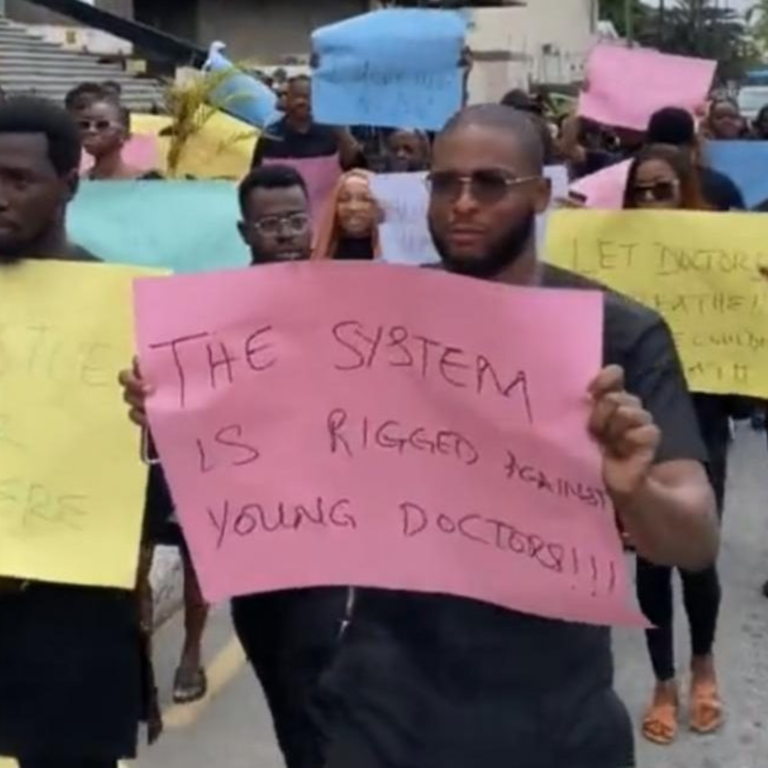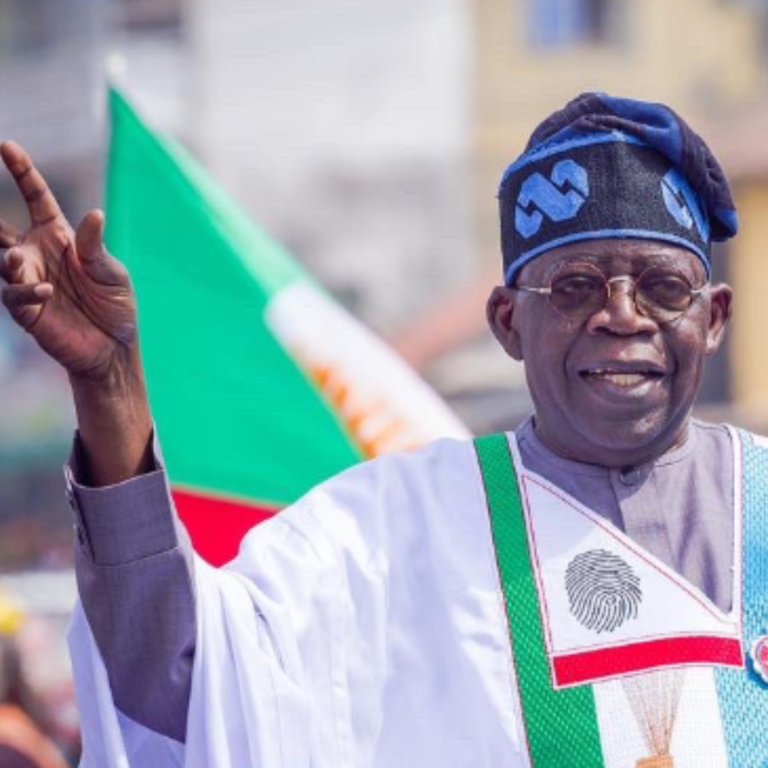On July 13, 2023, President Bola Tinubu declared a state of emergency on food security in the country. This was announced by Dele Alake, the Special Adviser to the President on Special Duties, Communications and Strategy, during a stakeholder meeting on agriculture and food production value-chain held at the State House in Abuja.
Why was a state of emergency declared in the first place?
The primary reason behind this national emergency is the recent inflation caused by the fuel subsidy removal. This fuel price-driven inflation has increased the price of food items, making it even more unaffordable for many Nigerians.
However, with the declaration of an emergency, an intervention plan with initiatives to ensure food security, affordability and sustainability was also launched. Some key points from this intervention plan are:
Release of fertilisers and grains to households
Dele Alake revealed that this would cushion the effects of the fuel subsidy removal on farming households.
Increased security for farms and farmers
A security tracking website revealed that more than 350 farmers in Northern Nigeria were killed or kidnapped in 2022, contributing to the country’s looming food insecurity. The intervention plan promises to implement new security measures allowing farmers to work without fear.
There will be a collaboration between the Ministry of Agriculture and the Ministry of Water Resources
This collaboration will ensure irrigation for farmlands which will facilitate food production all year round. Moving away from seasonal farming will guarantee that there will be no more farming downtimes and will regulate the fluctuations in food prices.
Creation of a National Commodity Board
The main goal of this board will be to continuously assess and regulate food prices and strategic food reserves, which will help stabilise certain food items like grains. Stakeholders such as the National Commodity Exchange (NCX), National Seed Council and Research Institutes, NIRSAL Microfinance bank, smallholder farms and crop associations, and others will be involved to ensure the successful implementation.
Activation of land banks and river basins
About 500,000 hectares of land suitable for farming will be provided to increase the country’s food output. Additionally, there will be 11 river basins to ensure the continuous planting of crops even in the dry season.
Improvement of transport and storage facilities
The removal of fuel subsidies led to increased fuel prices, which is one of the major reasons behind the high costs of food items. To help with this issue, the government is exploring other means of transportation, such as rail and water transport.
But to get professionals’ views on Tinubu’s intervention plan, ZikokoCitizen reached out to some experts, who shared their thoughts.
Here’s what they had to say:
Dr Emeka Ejikonye, a specialist in Public Budgeting, thinks very little of the proposed intervention plan so far. With Ejikonye’s “humble take”, “The policy initiative is a continuation of the utter mockery of the art of governance, which his predecessor’s administration dragged to the lowest ebb in the annals of the history of governance in this country.”
He believes the priority right now should be a complete reform to guarantee the wise use of public funds, which can be achieved by plugging the leakages. Ejikonye says, “Otherwise, the large chunk of the money he’ll push into the administrative system will continue to be diverted into the private pockets of our top-level civil servants and elected officials.”
On the other hand, Gbolahan Olojede, an economist, believes that the intervention plan is a good policy direction. According to him, “As far as policy is concerned, it’s a fantastic one.”
Olojede also highlights that “We’ve not been producing enough food, and our farm produce is centred around seasonality, hence the price fluctuations. And the policy addresses this, as it’s mentioned that additional land will be put into cultivation and we’ll be getting rid of seasonality in farming through irrigated farmlands. Additionally, mechanised farming will be encouraged, and the government also speaks of storage facilities as part of its intervention.” Nonetheless, Gbolahan points out that the role of electricity in extending the shelf life of crop products should have been addressed in the intervention plan.
Although Olojede doesn’t have much criticism, he emphasises the need for adequate implementation. “The right stakeholders should be engaged, and the Chief Executive Officers in the agricultural spaces should also be used to champion the initiative. The involvement of the President and Special Advisers alone isn’t sufficient.”
This intervention plan, Olojede believes, will help the country become food secure and generate more revenue from exports.




